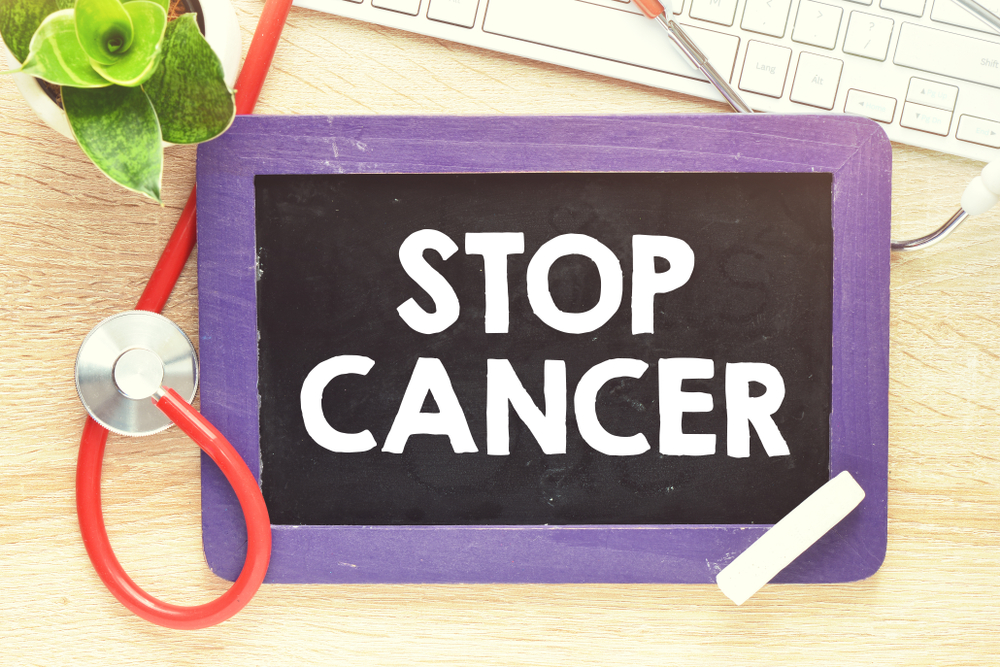Some simple Habit lifestyle changes can make a big difference. Consider these cancer prevention tips.
1. Don't use tobacco
Using any type of tobacco puts you on a collision course with cancer. Smoking has been linked to various types of cancer — including cancer of the lung, mouth, throat, larynx, pancreas, bladder, cervix and kidney
Xhewing tobacco has been linked to cancer of the oral cavity and pancreas. Even if you don't use tobacco, exposure to secondhand smoke might increase your risk of lung cancer. Avoiding tobacco — or deciding to stop using it — is one of the most important health decisions you can make.
It's also an important part of cancer prevention. If you need help quitting tobacco, ask your doctor about stop-smoking products and other strategies for quitting.

2. Get immunized
Cancer prevention includes protection from certain viral infections. Talk to your doctor about immunization against:
Hepatitis B: Hepatitis B can increase the risk of developing liver cancer. The hepatitis B vaccine is recommended for certain high-risk adults — such as adults who are sexually active but not in a mutually monogamous relationship, people with sexually transmitted infections, intravenous drug users, men who have sex with men, and health care or public safety workers who might be exposed to infected blood or body fluids.
Human papillomavirus (HPV): HPV is a sexually transmitted virus that can lead to cervical and other genital cancers as well as squamous cell cancers of the head and neck. The HPV vaccine is recommended for girls and boys ages 11 and 12. It is also available to both men and women age 26 or younger who didn't have the vaccine as adolescents.
3. Avoid risky behaviors
Another effective cancer prevention tactic is to avoid risky behaviors that can lead to infections that, in turn, might increase the risk of cancer. For example:
Practice safe sex: Limit your number of sexual partners, and use a condom when you have sex. The more sexual partners you have in your lifetime, the more likely you are to contract a sexually transmitted infection — such as HIV or HPV. People who have HIV or AIDS have a higher risk of cancer of the anus, liver and lung. HPV is most often associated with cervical cancer, but it might also increase the risk of cancer of the anus, penis, throat, vulva and vagina.
Don't share needles: Sharing needles with an infected drug user can lead to HIV, as well as hepatitis B and hepatitis C — which can increase the risk of liver cancer. If you're concerned about drug abuse or addiction, seek professional help.